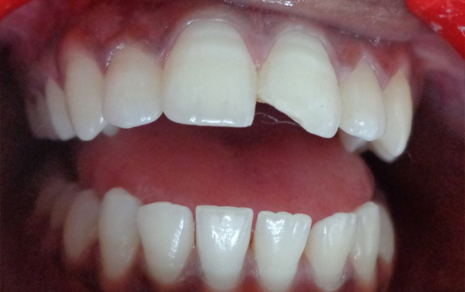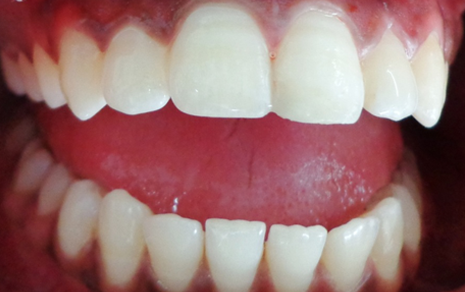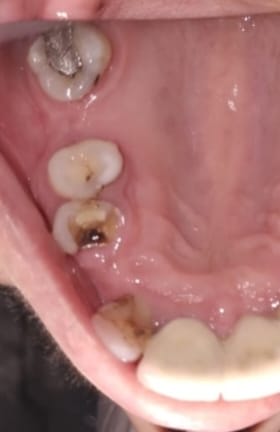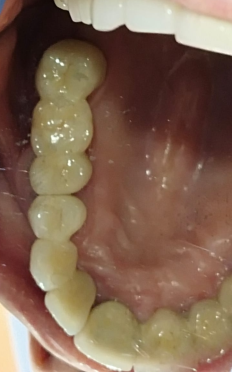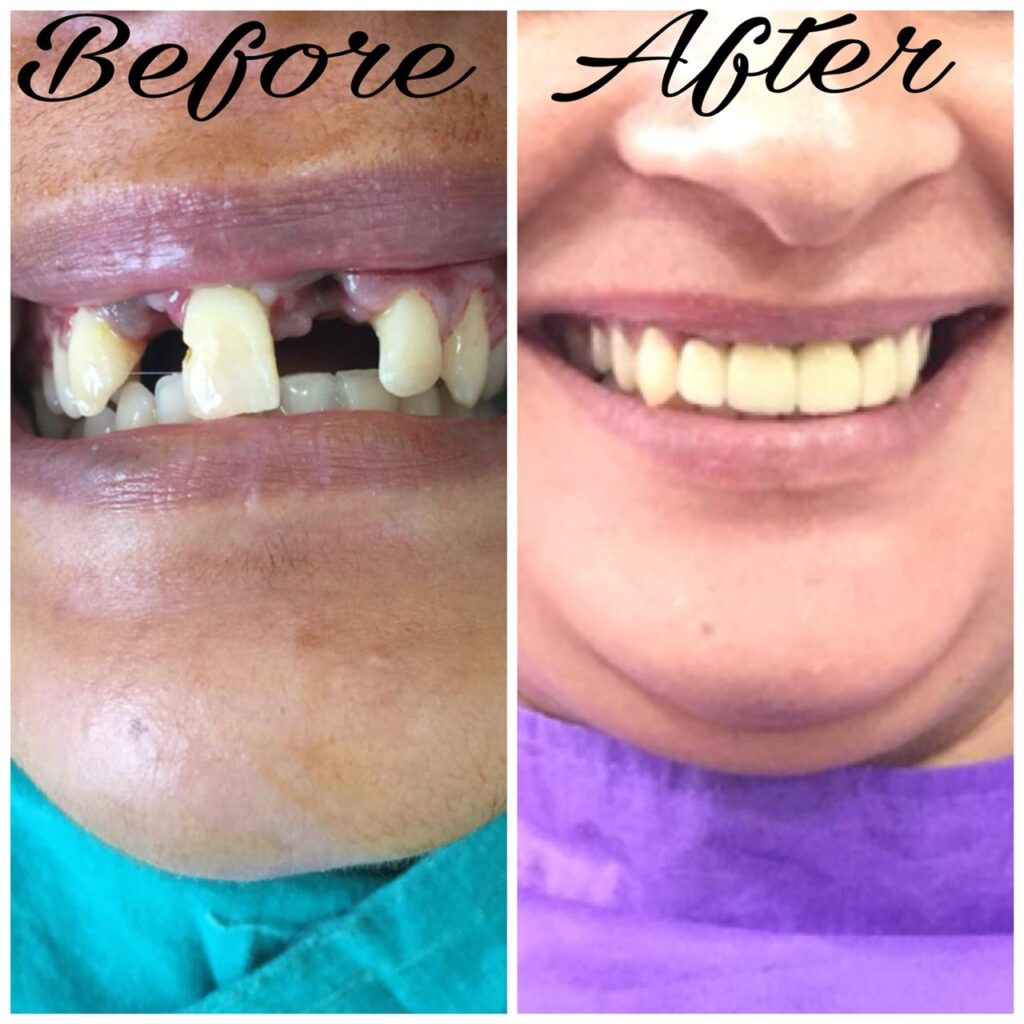- TREATMENTS
- Laser Dentistry
- Dental Fillings / Teeth Fillings
- Root Canal Treatment (RCT)
- Wisdom Teeth Removal
- Braces & Aligners
- Clear Aligners
- Dental Implants / Teeth Implants
- Dentures
- Bridges & Crowns
- Teeth Whitening
- Smile Makeover
- Kids Dentistry
- Mouth Ulcers
- Preventive Dentistry
- Advanced Gum Treatment
- Dental Veneer
- MEMBERSHIP PLANS
- PATIENT SAFETY
- OUR DOCTORS
- CAREERS
- FAQ
- INSTANT CALLBACK
Edit Content






